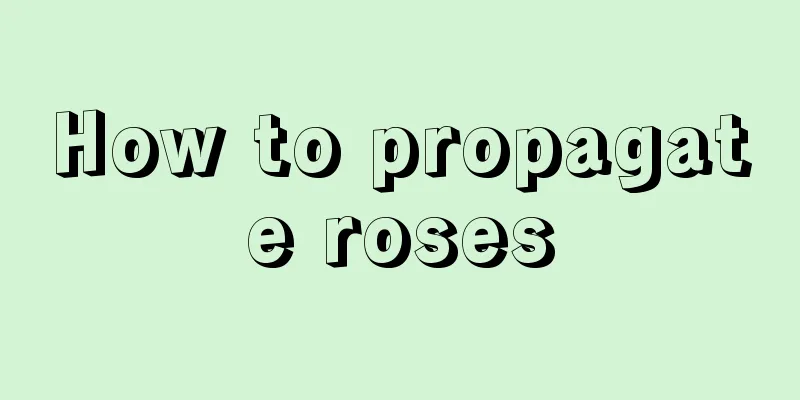Cultivation methods and precautions of the dwarf dwarf tree

How to cultivate the dwarf dwarf treeSoil selectionThe young leaves of the Aglaonema are colorful, including red, pink, light green, light yellow, and orange-yellow. When planting in a small courtyard, it is advisable to choose high terrain, good drainage, fertile, humus-rich acidic sandy loam, with a plant spacing of 2m to 3m. Potted plants can be made with garden soil, sand and manure in a ratio of 6:2:2. Temperature and lightTemperature: The jasmine tree is relatively cold-resistant, but is afraid of high temperatures and strong sunlight. Its growth temperature is 10℃ ~ 15℃. The cold-resistant species can withstand 15℃, and the general species can withstand 5℃. Light: The jasmine plant prefers semi-shady environment and can be maintained in half-day light. When the summer is extremely hot, it is necessary to provide appropriate shade, on the one hand to prevent the leaves from being burned, and on the other hand to prevent diseases caused by the extreme heat. Water and fertilizer managementWatering: The jasmine plant likes a warm and humid environment. The soil should be kept moist during the growing period, but avoid waterlogging. Fertilization: Apply Huiyou 21-7-7 acidic fertilizer once a month. In winter, dig trenches around the crown and apply fertilizer, then cover with a layer of bark chips to keep the tree warm over the winter. Reproduction methodSeed propagation: Sow in pots in spring and autumn. The suitable temperature for germination is 13℃ ~ 18℃. It will germinate 30 to 40 days after sowing. Cutting propagation: Use soft branches for cuttings in early summer and half-mature branches for cuttings in late summer. The spike length is 8cm to 10cm. Keep the room temperature at 20℃ to 24℃. It will take 25 to 30 days for roots to grow after cutting. Treating the base with 5g/L indolebutyric acid for 2 to 3 seconds can promote rooting. Things to note when raising the drupewood treeThe dwarf tree is poisonousThe stems and leaves are poisonous. If ingested by humans or animals, it can cause coma, breathing difficulties, and movement disorders. If you have pets at home, you should find ways to separate the animals and plants. If swallowed, seek medical attention immediately. Common diseases and pests of the scutellaria baicalensisProvide appropriate shade when the sun is strong in summer. If the indoor ventilation is poor, it is easy to get leaf spot and dieback disease. You can use 500 times of 65% Mancozeb for prevention and control. If scale insects and red spiders occur, you can use 2000 times of omethoate for prevention and control. |
<<: Cultivation methods and precautions of star flower
>>: Introduction of summer pansy varieties
Recommend
What to do if the leaves of lucky bamboo turn yellow
1. Reduce light Reason: If lucky bamboo is expose...
How to cultivate willow-leaf lotus
1. Moisture Willow-leaf lotus is drought-resistan...
Can water shield be eaten?
Can it be eaten? Of course, it is edible. Its you...
What is the best soil for potted orchids (the simplest orchid soil configuration)
1. What soil to use Orchids have high requirement...
Platycodon cultivation methods and precautions
How to cultivate Platycodon grandiflorum Choice o...
Is an onion a fruit or a vegetable?
Is onion a fruit or a vegetable? Onions are veget...
How big can mirror grass grow?
1. How big is it? Mirror grass can grow to about ...
The most worthwhile bougainvillea variety
1. Lipstick The edges of the petals of lipstick b...
How to plant worry-free flowers
Planting environment required: The worry-free flo...
Ginger lotus cultivation methods and precautions
1. Breeding methods 1. Sunlight: Ginger lotus is ...
How to prune blueberries
Pruning of flower buds The flower buds of potted ...
What to do if the fortune tree is frozen
1. Increase the temperature Wilting and yellowing...
Common diseases and pests of chives and their control methods
Common diseases and prevention methods Downy Mild...
How to propagate the fleshy bachelor tree and what to pay attention to
How to propagate fleshy bachelor trees The main w...
What to do if the leaves of water bamboo turn yellow
Analysis and solution of the reasons for the yell...









